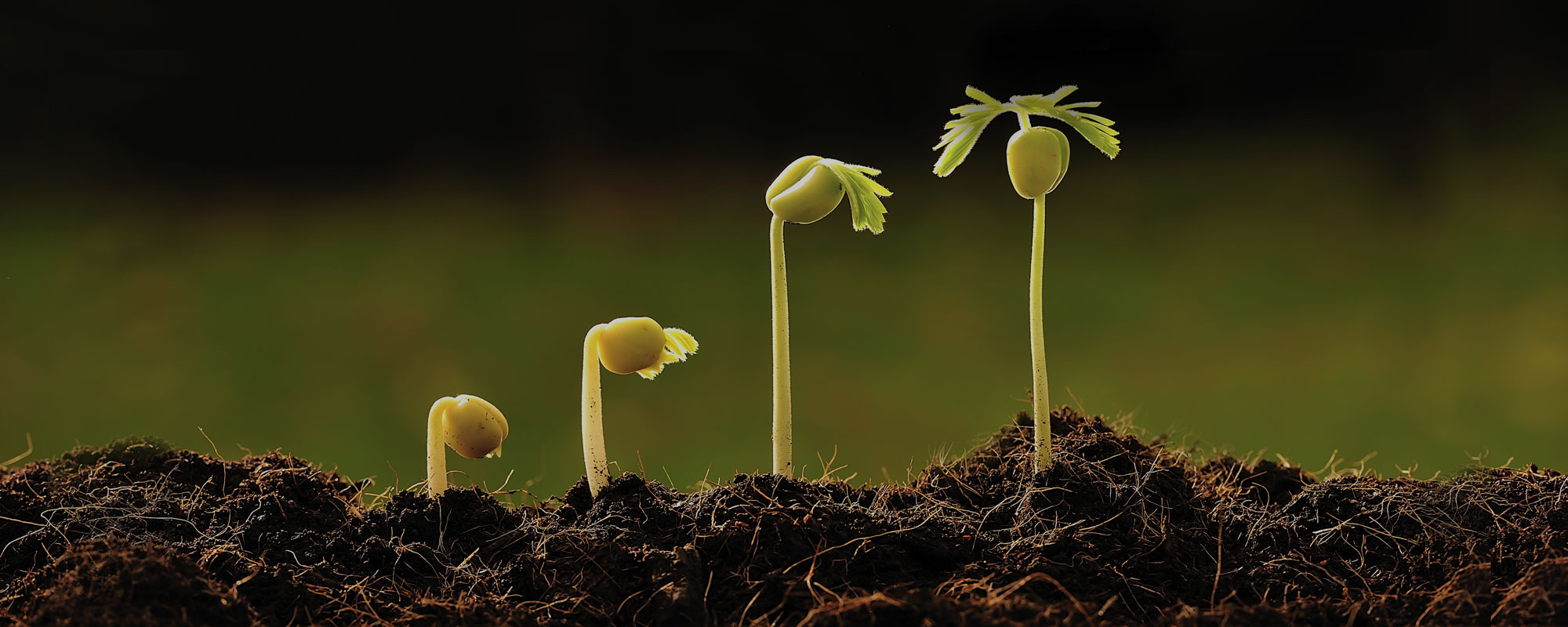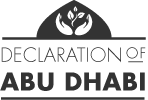
Working Together
Toward a Food Secure World
In pursuit of a food secure world, The Declaration of Abu Dhabi unites public and private partners committed to developing and adopting a common set of criteria for good agricultural practices along with supporting farm identification and reporting systems. The common criteria build upon established and ongoing work in all aspects of good agricultural practices, including food safety, environmental sustainability, and social responsibility. The resulting public criteria will serve as a consistent language for sustainability evaluation, applicable to farms of all sizes worldwide, and a foundation for the purposes of training, compliance and assessment. Our success will enable critical efficiencies and speed adoption of sustainable agriculture practices, yielding a safe and plentiful food supply.
Why We Need the Declaration of Abu Dhabi
As the global population rises, we are increasingly constrained by the finite resources available for agriculture and aquaculture. We need higher productivity and a more efficient use of natural resources to ensure that a growing world population can overcome hunger and malnutrition, without compromising biodiversity and eco-systems.
There is a broad consensus that many current agricultural practices are unsustainable. Full internalization of the external costs of agricultural production (degradation of soils, depletion of fresh water resources, loss of biodiversity, contribution to climate change, social inequities, etc.) will not be realized in the foreseeable future. At the same time, there is little willingness in the market to pay for more sustainable alternatives.
Third-party and company sustainability standards and certification schemes as well as developments in national agricultural policies have spurred the adoption of more sustainable production systems over the past 20 years. However, the uncoordinated approaches and duplicative requirements placed on farmers have created inefficiencies that have slowed progress.
Transformation towards more sustainable agricultural production systems is not happening fast enough.
We need new approaches that will make it easier, more cost effective, and more attractive for farmers worldwide to adopt safe and sustainable production practices.
The Declaration of Abu Dhabi is a global collaboration to develop and a common set of good agricultural practices (Good Agricultural Practices) criteria that defines safe, environmentally sustainable, and socially responsible agriculture and aquaculture. The criteria will draw upon existing standards and assessment tools. Additionally, the collaboration will establish a system for uniquely identifying every farm, and a public reporting mechanism for supply chains. Combined, the public Good Agricultural Practices. criteria, unique farm identification, and the reporting system will serve as a foundation upon which diverse training, assessment and verification programs may be adapted and built, and impacts may be measured. The Declaration of Abu Dhabi is a unifying force that will bolster existing initiatives, shape future ones, and enable a more rapid and efficient transition to productive, safe and sustainable agriculture around the world.
Initiating Partners

SAI PLATFORM
The Sustainable Agriculture Initiative (SAI) Platform is the global industry initiative helping food and drink companies to achieve sustainable production and source agricultural raw materials.

GLOBALG.A.P.
GLOBALG.A.P. is a leading global certification program whose mission is to bring farmers and retailers together to produce and market safe food, protect scarce resources, and build a sustainable future.

International Trade Centre (ITC)
The International Trade Centre (ITC) is the joint agency of the World Trade Organization and the United Nations. ITC’s mission is to foster sustainable economic development in developing countries and transition economies through trade and international business development. Among tools and services developed by ITC is the Standards Map, a web-based platform to bring transparency and facilitate comparability and harmonization among sustainability standards.

